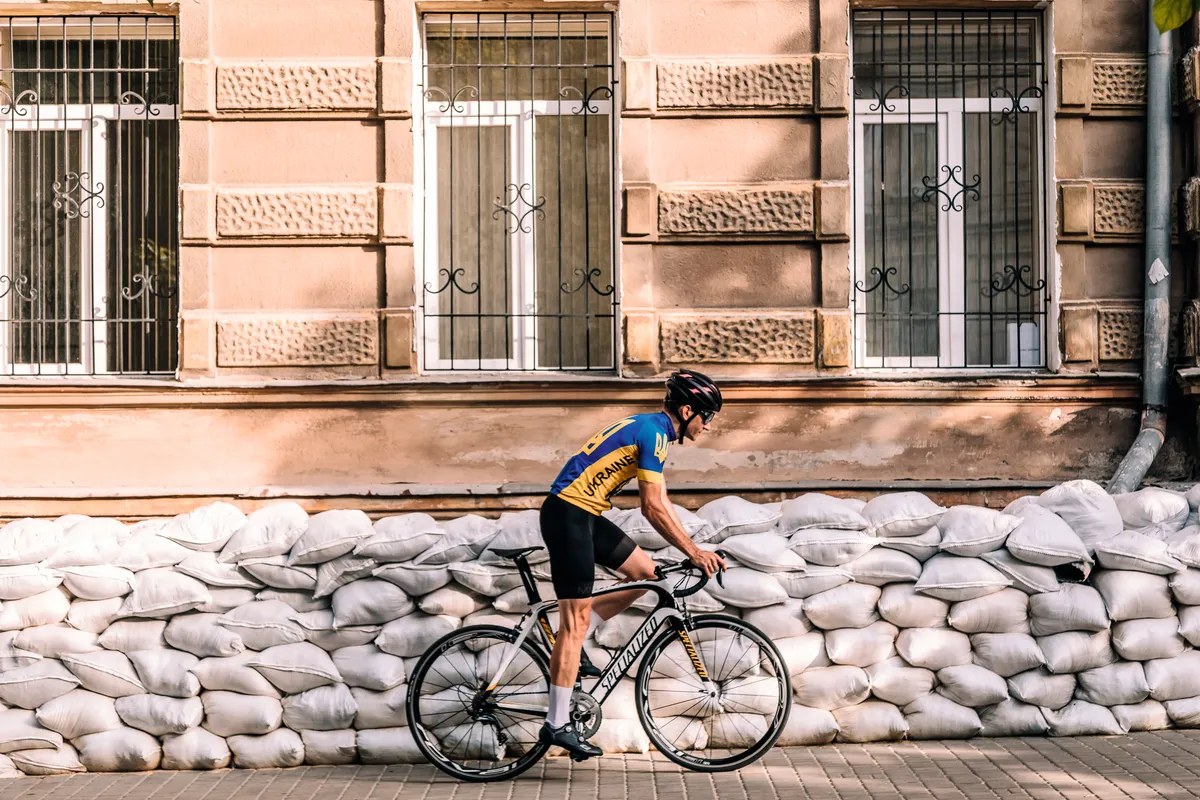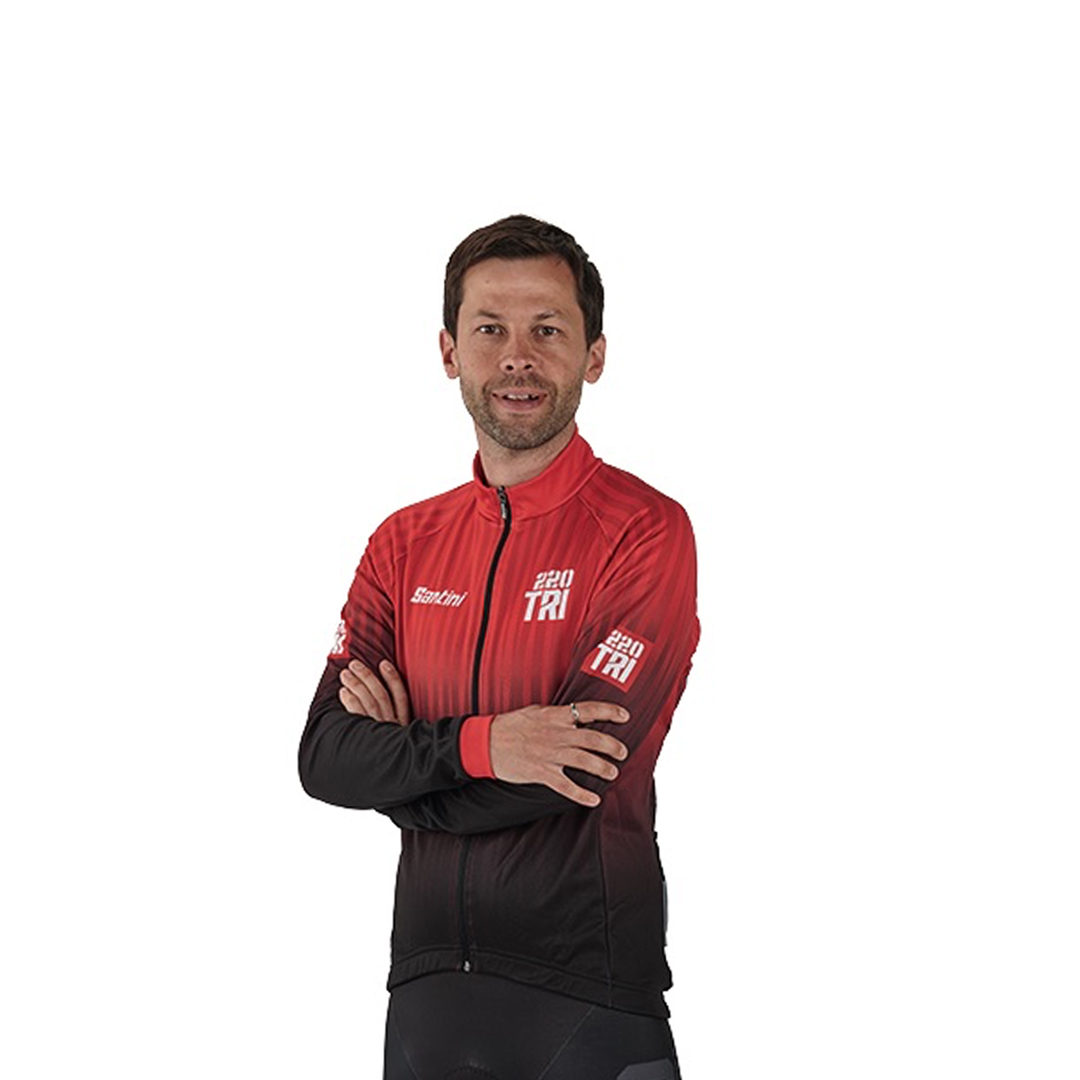“On the morning of 24 February 2022, the people of Ukraine woke up in a different world. Our hopes, plans and tranquillity disappeared in a second. Our phones woke many of us with a simple and short massage: ‘The war has started’. Whenever you read this article, our army, medics and volunteers will be doing their best to fight for freedom.”
“Cycling in Odesa has only been possible again recently and usually only on the weekends. After months of war, it’s a way for us to relax and chat for two or three hours. And although there can be air raid alarms during our cycling that bring us back to wartime life, that two or three hours is like a breath of fresh air.”

“Many cyclists from our community are on the front line, working as medics or volunteering, so not all of us are able to ride. For now, a road bike gives us some relief and helps us to be in good shape. Even during training, we talk about our friends who died on the front or during rocket attacks, about destroyed cities, and when, just last year, we were riding a cycling race. We think about our city of Mykolaiv where the Russian army destroyed the water supply to the city and there hasn’t been any fresh water for months. Nine months of war has brought sandbags, air-raid alarms and anti-tank hedgehogs into our bike rides.”
“I’m a sports photographer and cyclist. Together with my friends in 2021, we organised a gravel camp in the southern part of the Odesa region. We also planned to organise a camp this year in Serhiivka, a small town on a Black sea coast. This town and our camp has been attacked several times by Russian rockets. That’s our reality now.”
“There are endless gravel roads in Southern Ukraine. I do hope that in next few years these lovely destinations will become a gravel paradise for cyclists around the world. We have the breathtaking views and landscapes of the Carpathian Mountains, tricky singletrack riding, enormous open routes, welcoming people and beautiful cuisine.”
“Budziak, the region where we held our gravel camp, and part of the Black Sea Lowland, provides an outstanding opportunity for gravel pilgrimage and off-road adventures. The name derives from the Turkish word bucak, meaning ‘borderland’ or ‘corner’. The region
is traditionally wind-blown in spring, yet is full of fields, small forests next to the sea, lakes and nice sandy beaches and cliffs, which are sometimes confused with the White Cliffs of Dover. It’s a sparsely populated, multi-ethnic region and is so unique that on our gravel camp last year we visited Ukrainian, Bulgarian, Romanian and Moldavian villages.”
“All of us here in Ukraine appreciate Britain’s help. We see it and we feel it every day. It’s hard to describe how important it is right now as it’s helping to save our lives.”
Donate to Ukraine via the Disasters Emergency Committee: www.dec.org.uk/appeal/ukraine-humanitarian-appeal
This article appeared in issue 400 of Cycling Plus, out now. To buy the magazine or subscribe for regular copies, head here.
Images: Iurii Makalis


